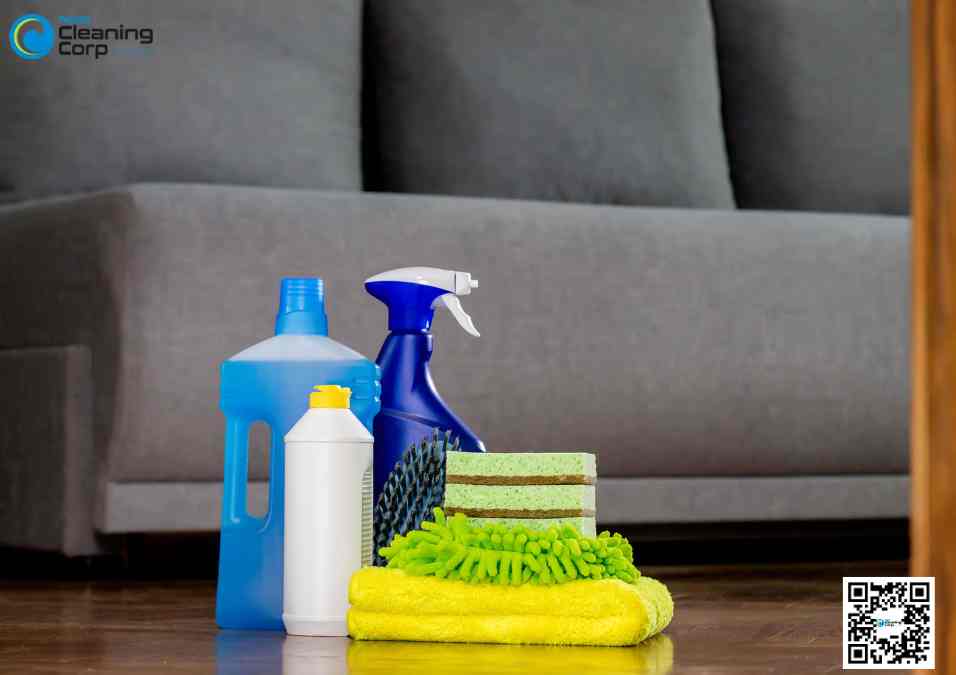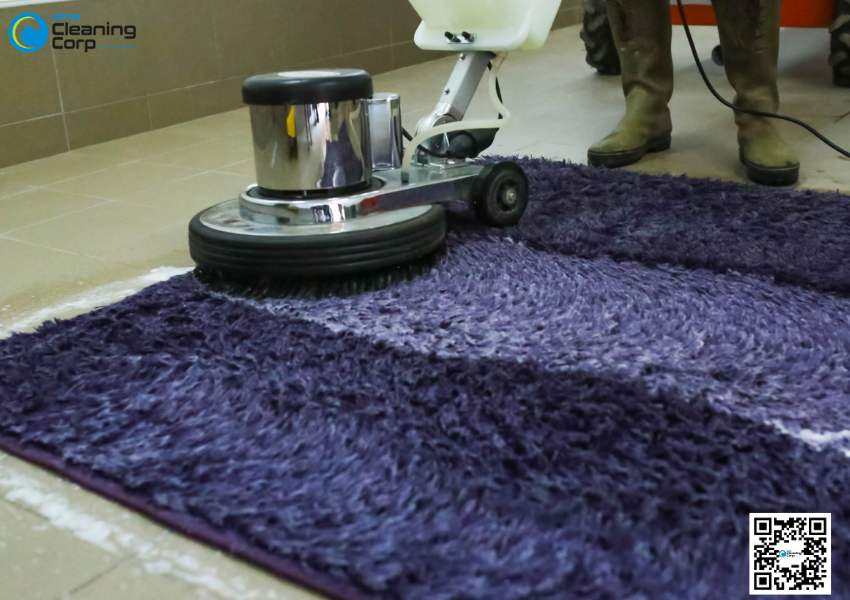How Do NDIS Cleaning Services Ensure Clean and Accessible Spaces for Participants?
NDIS cleaning services are specifically designed to cater to the...
For individuals with disabilities, particularly those participating in the National Disability Insurance Scheme (NDIS), a clean and safe living environment is foundational. A spotless and well-maintained living space directly impacts their overall well-being, supports their independence, and enhances their quality of life.
Research and expert opinion underline that a well-kept home not only meets basic health standards but also aligns with the principles of the NDIS, which aims to provide comprehensive support that covers all aspects of an individual’s life. Ensuring a clean environment is crucial for preventing health issues, promoting mental well-being, and supporting the individual’s ability to live independently.

Studies and real-life examples consistently demonstrate that a clean home environment plays a significant role in preventing infections and promoting a sense of peace and stability. For instance, research from the University of Sydney shows that maintaining a clean environment can reduce the incidence of respiratory infections by up to 30% among people with disabilities.
Maintaining a clean environment significantly reduces health risks for NDIS participants, preventing common illnesses and infections.
For individuals with disabilities, proper hygiene and cleanliness in their living accommodations are essential for avoiding health complications. A study published in the Journal of Disability Research found that regular cleaning practices in homes for people with disabilities led to a 25% decrease in hospital admissions related to infections.
Examples include the reduced risk of skin infections and respiratory issues that can arise from unhygienic conditions. For instance, a case study involving a group home for individuals with physical disabilities found that improved cleaning routines led to a notable decrease in skin infections and respiratory illnesses, improving overall health outcomes for the residents.
Personal experiences and case studies reveal that cleanliness can reduce anxiety and depression among NDIS participants. According to a report by the Australian Institute of Health and Welfare, individuals with mental health conditions who lived in clean and organized environments reported a 40% reduction in anxiety and depressive symptoms compared to those in less well-maintained homes.
A tidy and organized environment supports emotional stability, which is crucial for people with psychosocial disabilities. For example, a survey of NDIS participants with psychosocial disabilities indicated that those who had access to regular cleaning and maintenance services experienced greater emotional stability and improved quality of life, highlighting the positive impact of a clean living space on mental health.
A clean and well-maintained living environment is crucial for minimizing risks and enhancing overall safety for people with disabilities. Maintaining a spotless space reduces the likelihood of accidents and creates a safer living space, aligning with the goals of the NDIS to support participants’ health and safety.
For example, cluttered floors or unclean surfaces can present significant walking hazards. The Journal of Occupational Health highlights that 25% of home accidents among people with disabilities are caused by tripping over clutter or unsanitary conditions.
Implementing effective cleaning and maintenance practices helps prevent such hazards, ensuring a safer living space for NDIS participants. Regular cleaning routines and the prompt removal of spills and debris can significantly reduce the risk of falls and injuries.
Practical tips include regular cleaning schedules and safe housekeeping practices to avoid accidents. Establishing a routine for cleaning common areas, such as kitchens and bathrooms, and ensuring that all pathways are clear of obstacles can prevent accidents. Using non-slip mats in bathrooms and kitchens is another effective strategy to minimize slip risks.
A clutter-free environment enhances mobility and accessibility, which is crucial for individuals using assistive devices such as wheelchairs or walking aids. The American Journal of Public Health reports that organized living spaces contribute to a 20% increase in mobility and independence for individuals with physical disabilities.
Examples of how cleanliness and organization contribute to better accessibility include clear pathways and well-maintained assistive devices. For instance, keeping pathways clear of obstructions allows for easier navigation, while regular maintenance of assistive devices ensures they function correctly and safely.
This supports the unique needs of individuals with disabilities, helping them navigate their living spaces more effectively. Properly arranged furniture and accessible storage solutions can significantly enhance an individual’s ability to live independently and perform daily tasks with ease.
Effective cleaning methods and tools are crucial for maintaining a spotless living environment for NDIS participants. For instance, using vacuum cleaners with HEPA filters can reduce allergens, which is particularly important for individuals with respiratory issues. A study from the University of Melbourne indicates that HEPA filters can capture up to 99.97% of airborne particles, improving air quality significantly.
Recommendations include specialized cleaning products and techniques that are safe and efficient. Choosing non-toxic, hypoallergenic cleaning agents minimizes exposure to harmful chemicals. Products that meet NDIS practice standards ensure safety and effectiveness. For example, selecting cleaning products certified by the National Asthma Council of Australia guarantees they are safe for individuals with respiratory conditions.
Using products that meet the NDIS practice standards ensures safety and effectiveness. Regularly updating cleaning supplies and following manufacturer guidelines for their use can enhance overall cleanliness and safety.
Implementing a maintenance schedule helps NDIS participants and their support networks manage cleanliness and safety effectively. Regular inspections can identify potential issues before they become serious problems, ensuring that living spaces remain safe and well-maintained.
A suggested maintenance schedule includes regular cleaning routines, periodic deep cleans, and safety inspections. For example, a weekly cleaning schedule for common areas, monthly deep cleaning for high-touch surfaces, and quarterly safety inspections can help maintain a high standard of cleanliness and safety.
Regular reviews and updates to the maintenance plan can accommodate changes in the participant’s needs or living conditions. If a participant’s needs change or if new safety concerns arise, adjusting the maintenance plan ensures that the living space remains appropriate and supportive. For instance, adding more frequent checks on assistive devices or updating cleaning practices based on new health recommendations can make a significant difference.
In conclusion, ensuring a clean and safe environment is fundamental to the well-being of NDIS participants.
By focusing on cleanliness and safety, we support their independence and enhance their quality of life. A well-maintained living space contributes significantly to both physical health and mental well-being.
Encouraging proper practices and providing the necessary support can make a significant difference in the lives of those with disabilities. By adhering to effective cleaning and maintenance practices and regularly reviewing and updating the maintenance plan, we can ensure that NDIS participants live in safe, supportive, and high-quality environments.
More Post

NDIS cleaning services are specifically designed to cater to the...

The role of professional cleaning in maintaining a safe and...

Studies consistently show that living in a clutter-free, organized space...

How to ensure your home is NDIS-compliant with professional cleaning...

Professional cleaning holds a crucial role in supporting the NDIS...